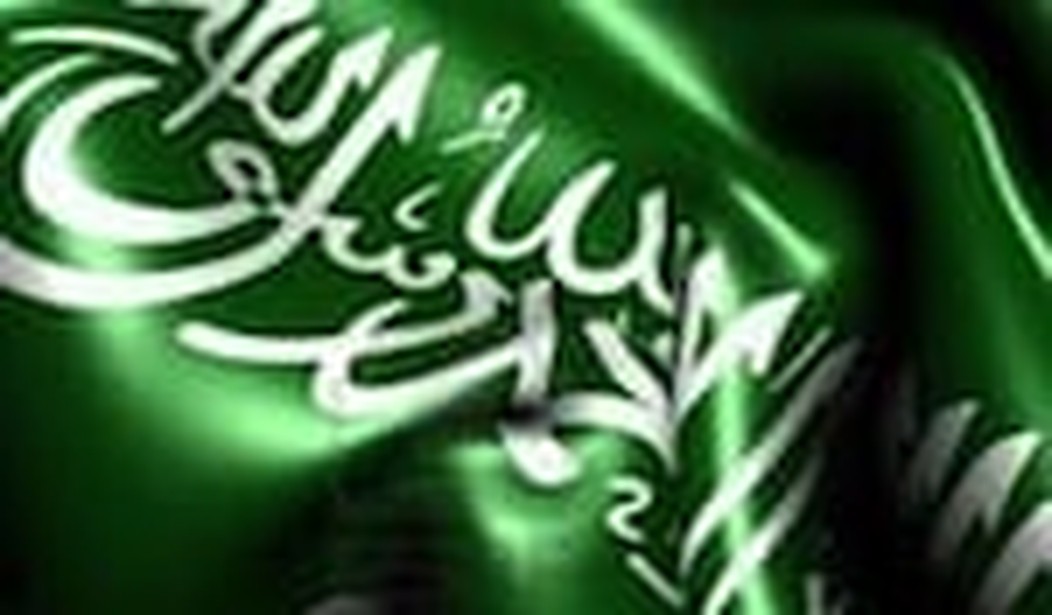In recent weeks, it has become clear that Saudi Arabia has moved into a central position as the primary backer of the Syrian rebels. This follows a protracted period in which the Saudis’ Gulf rival — Qatar — was the most visible supporter of the rebellion. What is the significance of this change, and what can be learned from it regarding the larger Saudi-Qatari rivalry and the insurgency in Syria?
Both Doha and Riyadh have supported the rebellion against the Assad regime from its outset. Saudi Arabia in particular sees the conflict in stark terms as a vital battle to dislodge Iran from its foothold in the Levant.
But the pattern of Qatari and Saudi support has differed significantly. Most importantly, the two Gulf states have widely differing views of the Muslim Brotherhood.
Saudi Arabia is concerned at the possibility of internal strife within its own borders. It sees the Muslim Brothers as a potential source of internal subversion. Riyadh therefore has watched the rise of the Brotherhood to political influence across the region over the last two years with deep concern. This is of course in contrast to Saudi policy in previous years, which saw the Muslim Brotherhood as a counterweight to secular Arab radicals — when such people mattered.
There is much Saudi anger at what is seen as the fecklessness of the Obama administration in failing to grasp the danger represented by the Brotherhood, and in thus allowing them to achieve power in Egypt. This anger also extends to Qatar, whose attitude and consequent policy toward the Muslim Brothers is in direct contrast to that of Riyadh.
Qatar, unlike Saudi Arabia, has no fear of the Brotherhood as a potential source of internal unrest. This is explainable by reference to the different nature of the two societies. Saudi Arabia has a population of 16 million citizens (along with nine million expatriates). Not all Saudis are rich. Not all Saudis support the monarchy. Many are susceptible to the potential appeal of the Brotherhood’s message. Qatar, by contrast, has a population of only 250,000 citizens, along with 1,650,000 mainly non-Muslim expatriates. Qataris constitute an immensely privileged caste in the country, which has the highest GDP per capita and one of the lowest tax rates in the world. Qatar’s immense gas and oil wealth, tiny and privileged citizen population, and large population of non-Muslim non-citizens make it immune to any threat of Islamist subversion from within. This makes possible a very different (and in Saudi eyes highly irresponsible) approach to the Muslim Brotherhood.
These differences have been reflected in the approach of the two countries toward the Syrian rebellion.
Qatar has from the outset championed the Muslim Brotherhood in Syria, as it does elsewhere in the region. Qatari funds have flowed to Brotherhood-associated military units, such as the Tawhid Brigade of Aleppo. The Qataris also offered financial backing to the Syrian National Council and its replacement, the National Coalition for Revolutionary and Opposition Forces. This backing for the Brotherhood is in line with Turkish and U.S. practice, also.
The result of Qatar’s involvement has been the over-representation of Brotherhood figures in both bodies, and their failure to draw opposition forces together around them.
The Saudis have watched the Qatari/Brotherhood alliance in the Syrian context with dismay. Qatar’s more general policy — its ambiguous relations with Iran, for example, and its championing of the revolution in Egypt — is of deep concern to Riyadh. But their own policy has been laced with contradictions.
In the early days of the armed revolt, significant Saudi money found its way to Salafi fighting groups. In particular, the Ahrar al-Sham group, which has played a prominent role in the fighting in northern Syria, was a recipient of Saudi money. Some reports have suggested that the Saudis also supported the al-Qaeda-linked Jabhat al-Nusra.
It is likely that Saudi links to Salafi elements among the rebels continue. However, alongside these links, Riyadh is also engaged in a major attempt to build relations with and support for the “moderate” rebels of the Supreme Military Council, headed by Major-General Salim Idris. The Saudis have also hosted Idris in Riyadh.
Saudi money is behind the large consignments of weaponry funneled to militias associated with the Supreme Military Council. The process of bringing this weaponry to Jordan and choosing who gets it is conducted in cooperation with representatives of Western intelligence services.
The Saudis also hosted a 12-person delegation from the Syrian political opposition in Riyadh last month. The delegation included Farouq Tayfour, deputy leader of the Syrian Muslim Brotherhood. While no breakthrough took place in terms of Riyadh’s relations with the Brotherhood, these meetings indicate the growing importance of Saudi backing for the opposition and the corresponding decline of the role of Qatar.
Many in the Syrian opposition are highly critical of the role Qatar has played over the last two years. The attempt to force through an outsized role for Doha’s Muslim Brotherhood allies has played a significant role in the chronically fragmented nature of both the political and military elements of the rebellion.
It is not clear that the growing role of the Saudis will serve to reverse the disunity of the Syrian rebels — perhaps this is a problem too large and too well-developed for the Saudi intervention to solve. Saudi relations with Salafi elements in Syria are themselves deeply problematic.
It is worth noting that the medieval-style monarchy of Saudi Arabia displays a far more sophisticated and intelligent understanding of the threat represented both by the Iran/Assad/Hizballah axis and by the Muslim Brotherhood than do Western capitals. That in itself stands as an indictment of Western policy toward Syria and the broader Middle East in recent years.









Join the conversation as a VIP Member